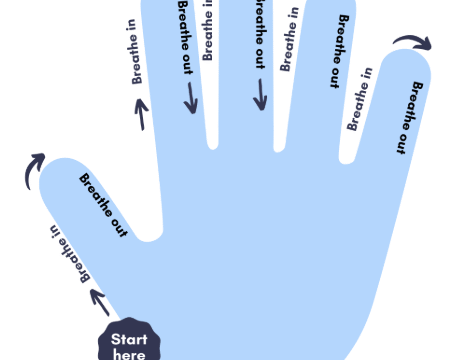Online education has become a popular way to learn, offering flexibility and convenience for students worldwide. However, many learners find it challenging to maintain focus in a virtual setting. Without the traditional classroom environment, distractions can easily take over, making it harder to stay attentive and absorb information effectively.
If you want to improve your focus and get the most out of your online courses, there are practical strategies you can use. This article will guide you through ways to build concentration, stay motivated, and create a productive learning routine.
1. Create a Dedicated Learning Space
Having a specific place for studying helps your brain associate that area with learning. Find a quiet spot free from distractions where you can set up your computer and study materials. Keep this space tidy and organized, and make sure you have everything you need within reach. Avoid studying in places where you usually relax, such as your bed or couch, as this can reduce your ability to concentrate.
2. Establish a Consistent Schedule
One of the benefits of online education is flexibility, but too much flexibility can sometimes lead to procrastination. Set regular times each day to attend classes, watch lectures, and complete assignments. Following a routine helps train your brain to focus during those hours, making studying feel more natural and less stressful.
3. Minimize Distractions
Distractions are one of the biggest challenges when learning online. To combat this, turn off phone notifications and close any apps or browser tabs that are not related to your studies. Inform family or roommates about your study times so they can avoid disturbing you. You may also find it helpful to use website blockers or focus apps that restrict access to distracting websites during study periods.
4. Use Time Management Techniques
Our brains can only concentrate deeply for limited periods. Techniques like the Pomodoro Method, which involves studying for 25 minutes followed by a 5-minute break, can improve focus and productivity. Taking short breaks helps prevent burnout and keeps your mind fresh for longer study sessions.
5. Engage in Active Learning
Active learning means interacting with the material instead of passively reading or listening. Try to take notes in your own words, create diagrams or mind maps, or explain concepts aloud as if teaching someone else. These techniques help deepen your understanding and keep your attention engaged.
6. Stay Organized
Keeping track of your assignments, deadlines, and class schedules can reduce stress and improve focus. Use calendars, planners, or digital tools to organize your workload. When you have a clear plan, it is easier to prioritize tasks and avoid last-minute cramming.
7. Practice Mindfulness and Take Care of Yourself
Mindfulness exercises such as deep breathing or meditation can help calm your mind and improve concentration. Additionally, good self-care habits support mental clarity. Make sure you get enough sleep, eat balanced meals, and include physical activity in your routine. A healthy body promotes a focused and alert mind.
8. Set Clear Goals and Stay Motivated
Having clear academic goals keeps you motivated and focused. Break your larger goals into smaller, achievable tasks. Celebrate your progress along the way to maintain enthusiasm and confidence in your learning journey.
9. Participate Actively in Online Classes
Engaging with instructors and classmates can improve your focus and understanding. Ask questions during live sessions, contribute to discussions, and collaborate on group projects. Active participation makes learning more interactive and helps you stay mentally present.
10. Seek Help When Needed
If you find it difficult to maintain focus despite your efforts, do not hesitate to reach out for support. Talk to your teachers, academic advisors, or peers. Sometimes, joining study groups or getting additional resources can provide motivation and help you overcome challenges.
Final Thoughts
Improving focus in online education requires intention and consistent effort. By setting up a conducive environment, managing your time well, and actively engaging with your studies, you can enhance your concentration and enjoy a more rewarding learning experience. Remember that developing focus is a skill that grows with practice, so be patient and kind to yourself along the way.






